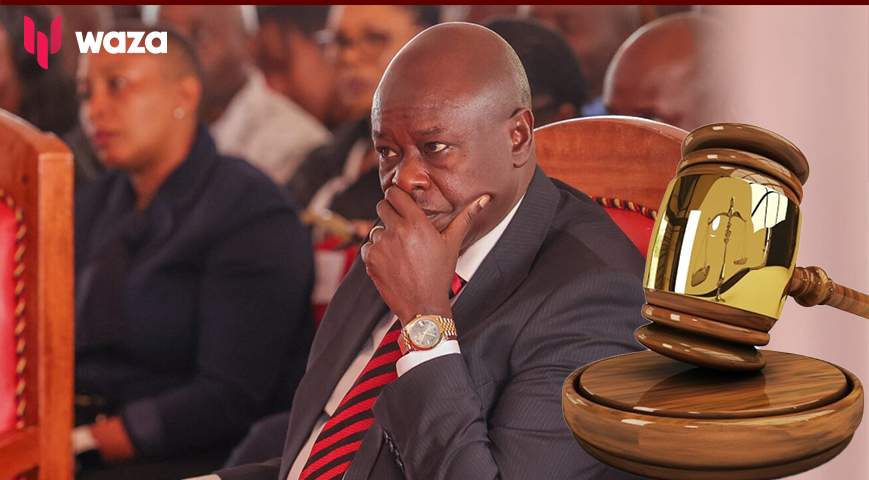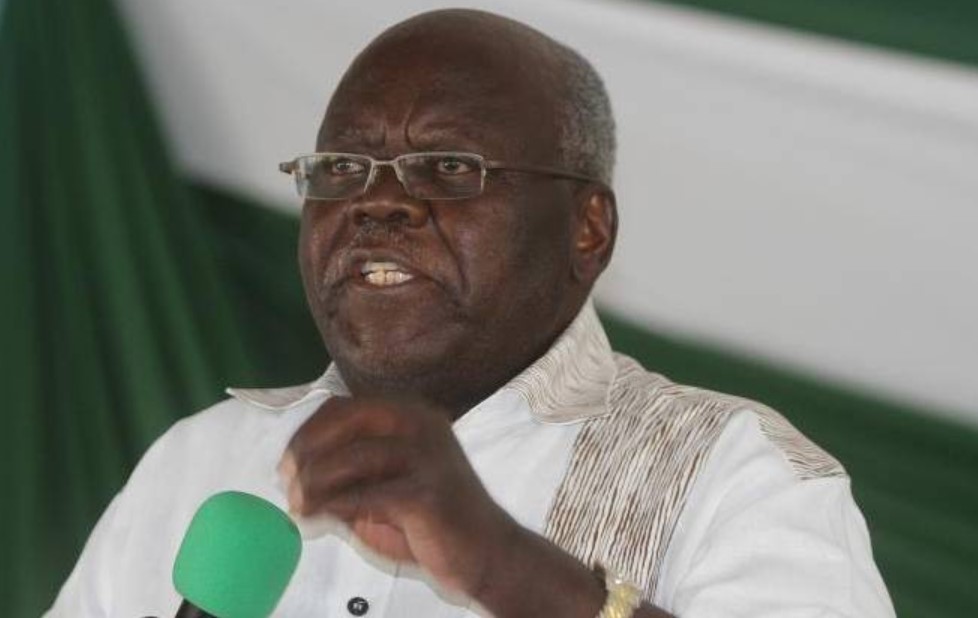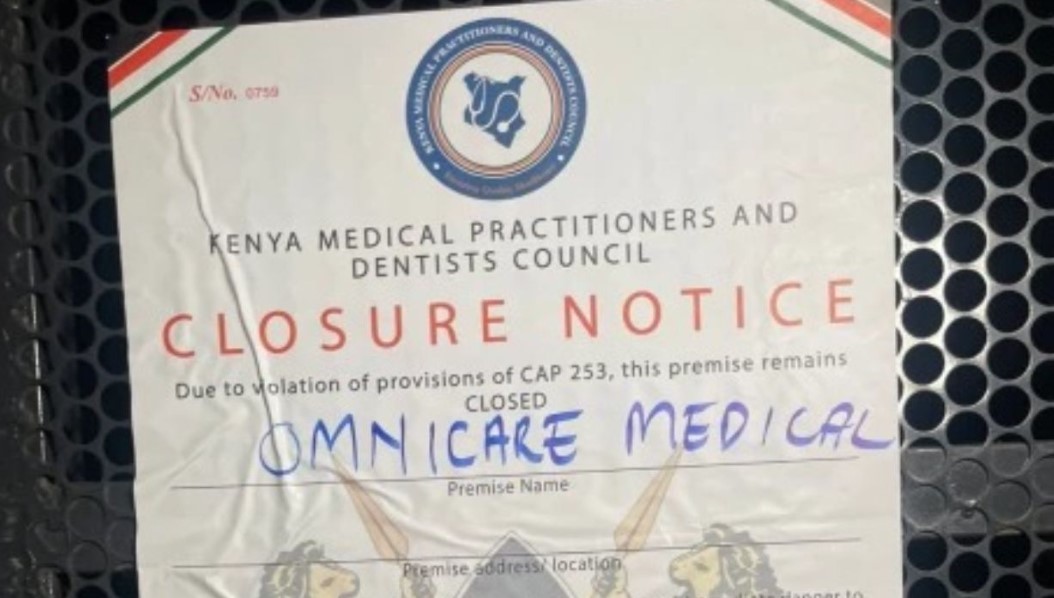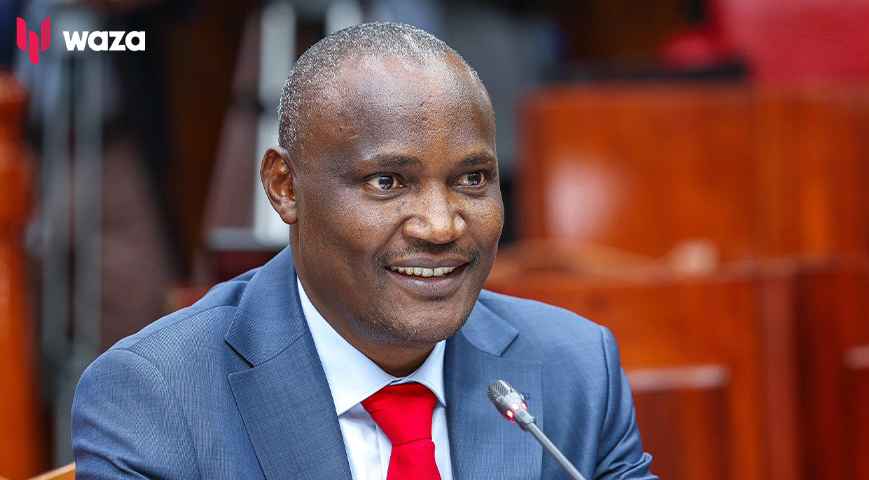Kenya’s Deputy President, Rigathi Gachagua, has been impeached following a decisive vote in the National Assembly, where at least 281 MPs voted in favor of his removal. 44 MPs voted to save the DP from impeachment and one MP chose abstention. The motion will now advance to the Senate, where the Speaker is expected to formally notify the chamber within two days, setting the stage for the next phase of the impeachment process.
The Senate's decision will determine whether Gachagua remains in office or is removed, which would not only end his political career but also strip him of any future public service opportunities, including retirement benefits. Gachagua faces multiple accusations, including gross violations of the Constitution, abuse of office, and gross misconduct.
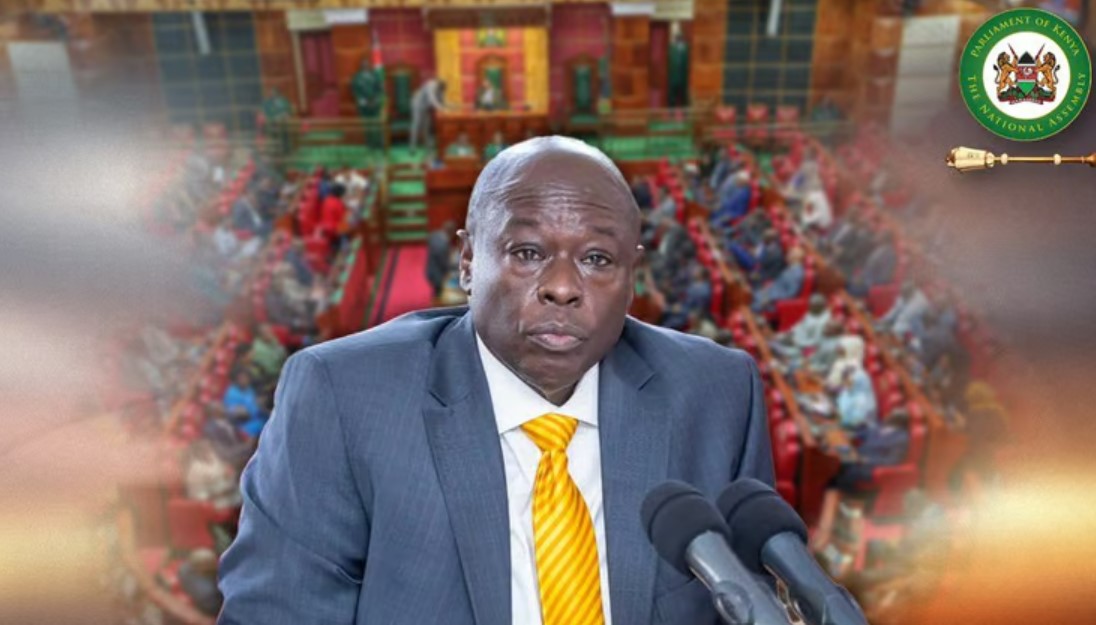
Did you read this?
Senate Speaker Amason Kingi has emphasized that the Senate will act as a quasi-judicial body during the trial, carefully weighing the evidence before reaching a verdict.
The political landscape surrounding Gachagua’s impeachment suggests he faces an uphill battle in the Senate. While the ruling Kenya Kwanza Alliance controls 42 of the 67 Senate seats, internal divisions are complicating the situation. Support for the Deputy President remains uncertain, with the ODM party solidly backing the impeachment and some Kenya Kwanza members, particularly from the Mt. Kenya region, expressing opposition to it. With 51 senators—just six more than the required number—reportedly supporting the motion, the final outcome remains too close to call.

